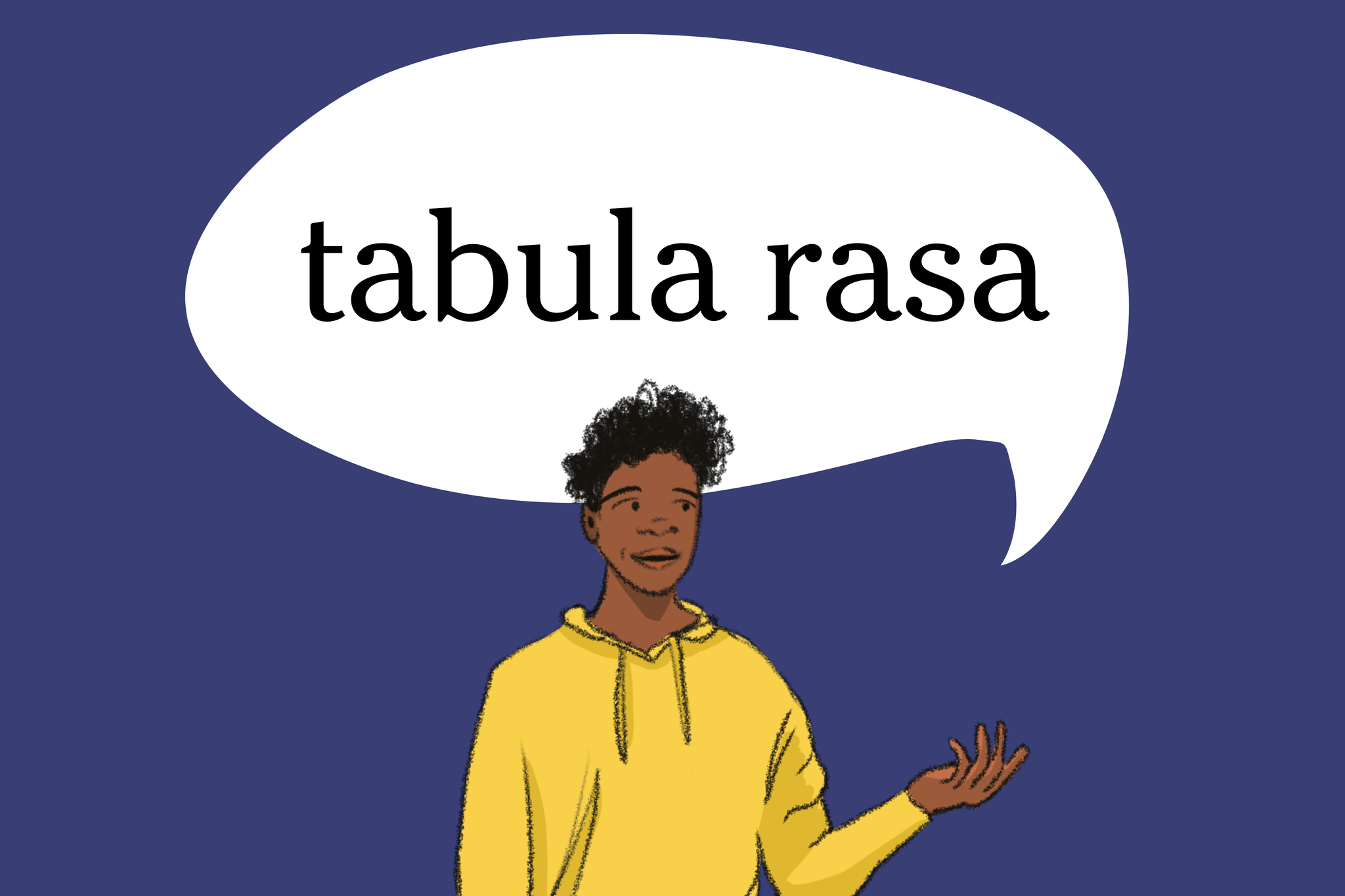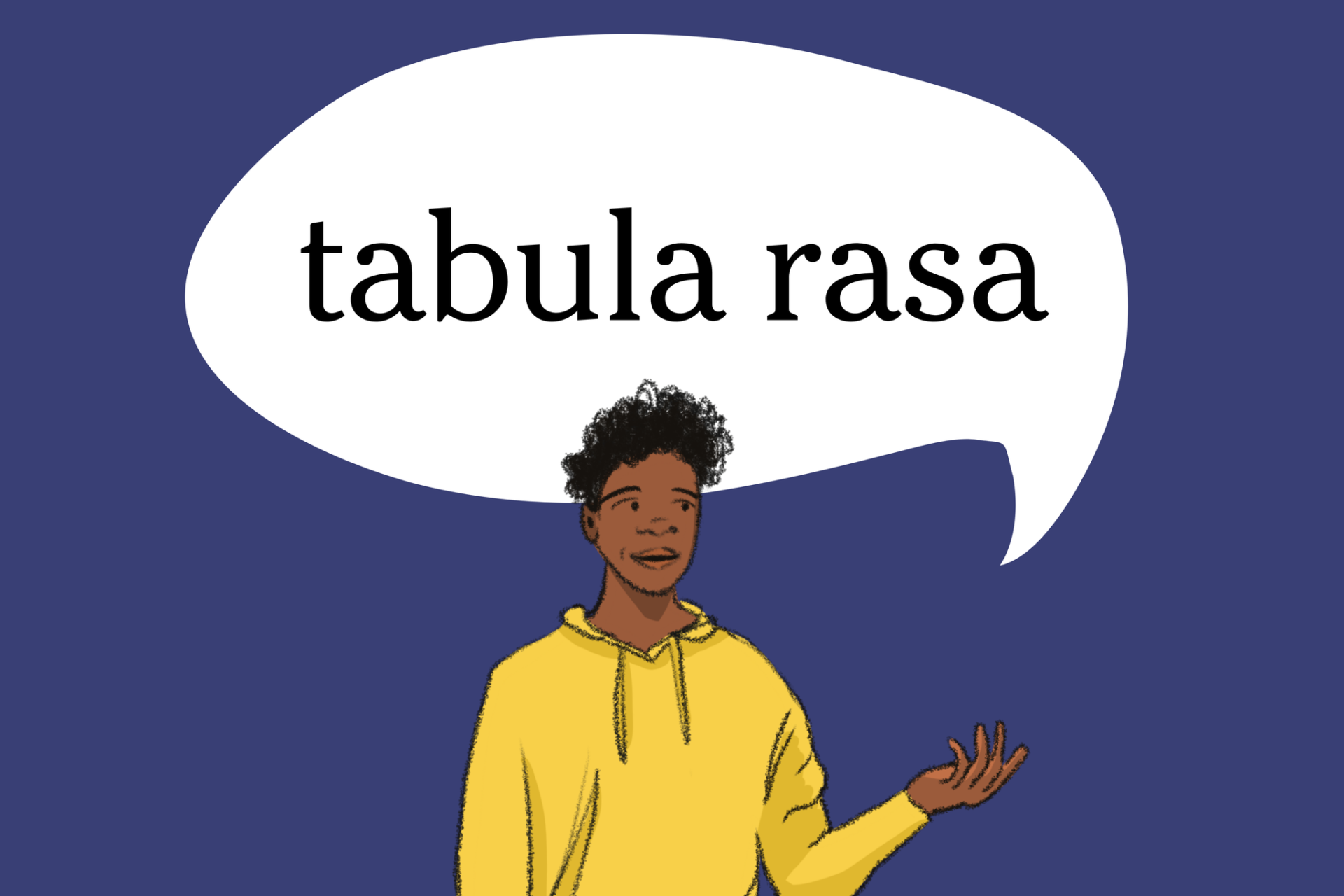 France’s historical influence in Africa has long been a defining feature of its foreign policy. However, recent political shifts and growing anti-French sentiment across the continent have forced Paris to confront a critical question: Is it time for a new approach to its African relationships, or is it facing the end of its long-standing presence? With the rise of military coups, protests against French troops, and the pivot of some African nations toward Russia and China, the future of France’s role in Africa appears uncertain, possibly heralding a tabula rasa a clean slate.
France’s historical influence in Africa has long been a defining feature of its foreign policy. However, recent political shifts and growing anti-French sentiment across the continent have forced Paris to confront a critical question: Is it time for a new approach to its African relationships, or is it facing the end of its long-standing presence? With the rise of military coups, protests against French troops, and the pivot of some African nations toward Russia and China, the future of France’s role in Africa appears uncertain, possibly heralding a tabula rasa a clean slate.
The roots of France’s presence in Africa are deep, dating back to the colonial era. France once ruled over vast swaths of the continent, and after decolonization in the 1960s, it maintained close ties with former colonies through military, political, and economic means. The French government often acted as a stabilizing force in the region, intervening militarily in countries like Mali and Côte d’Ivoire under the banner of peacekeeping and counterterrorism operations. However, these interventions have become increasingly controversial as African countries seek more autonomy in shaping their own futures.
In recent years, public opinion in many African countries has shifted away from France. The military junta in Mali, Burkina Faso, and Niger, for example, have expelled French troops, accusing them of meddling in their internal affairs and fostering instability. Additionally, a growing number of African citizens have voiced frustration over what they perceive as neo-imperialist practices. Anti-French protests have erupted across the region, with accusations that France continues to exploit Africa’s resources while offering little in return. This sentiment has been amplified by the rise of Russia’s Wagner Group, which has gained influence in countries like Mali, offering military support in exchange for access to resources.
This shift in African sentiment has led to calls for a rethinking of France’s strategy on the continent. The French government, under President Emmanuel Macron, has acknowledged the need for change. Macron has attempted to distance France from its colonial past, emphasizing a more cooperative relationship with African nations based on mutual respect and development. His government has also pledged to reduce the French military presence in the Sahel and focus more on supporting African-led initiatives in the region. However, these efforts have been met with skepticism, as many Africans remain wary of France’s true intentions.
The question now facing France is whether it can truly reset its relationship with Africa or whether its historic ties are too fraught to rebuild. The challenge for France is navigating the evolving geopolitical landscape in Africa. The rise of China’s economic influence, particularly through investments in infrastructure and trade, has already changed the dynamics of African foreign policy. Meanwhile, Russia’s growing presence through the Wagner Group and other means presents an alternative to France’s traditional influence. These external powers are offering new models of partnership, often with fewer strings attached, which has resonated with some African leaders.
France’s approach to Africa moving forward will likely require a deep and honest reassessment of its legacy on the continent. A tabula rasa, a clean slate, may be necessary to build a new chapter, one that is based on mutual respect, transparent agreements, and a genuine partnership that goes beyond the extraction of resources. For many African nations, the real test will be whether France can let go of its historical baggage and embrace a future where African nations lead their own development, free from external interference.
As France faces this crossroads, it is clear that its presence in Africa will not be the same as it once was. The future of the relationship will depend on whether France can truly reimagine its role in a way that aligns with the aspirations of African nations, or if its past will continue to haunt its efforts for a new beginning. In the end, the choice lies with both France and the African nations, who now have the opportunity to define a more balanced and equitable future.


